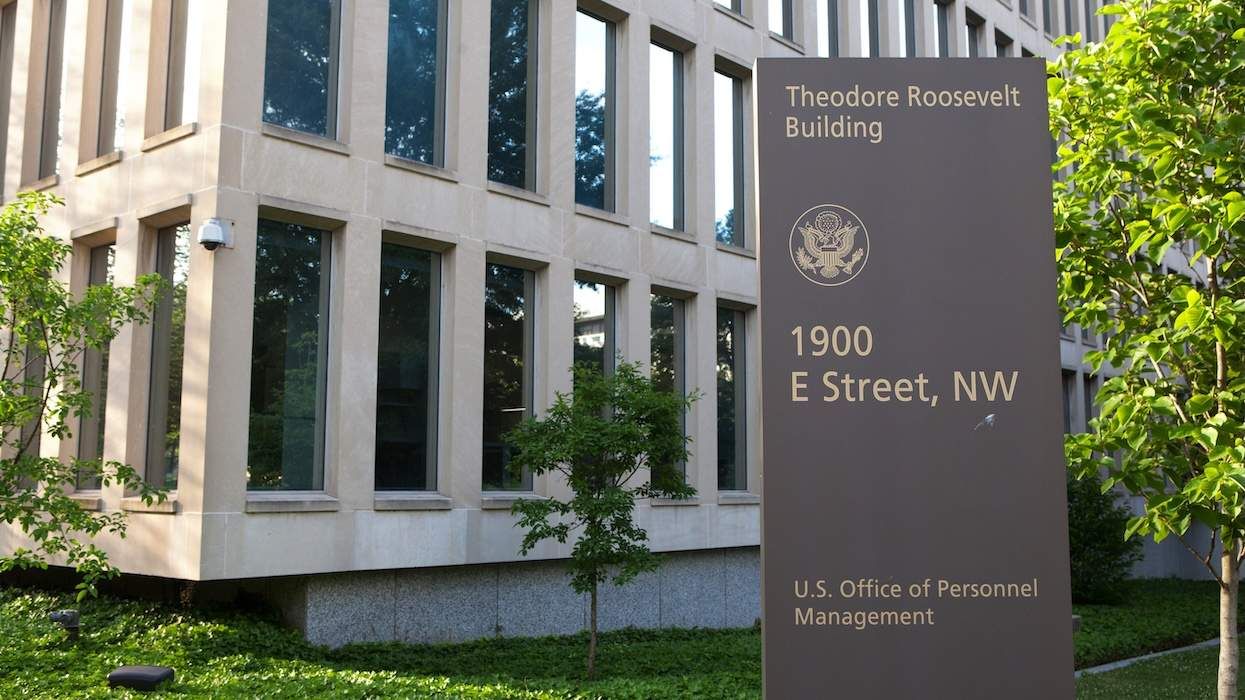It isn't just women who need menstrual products, or who experience period poverty.
Keep up with the latest in LGBTQ+ news and politics. Sign up for The Advocate's email newsletter.
While Republicans push legislation targeting transgender people, there's several policies they refuse to pass that could benefit all Americas regardless of gender. The states passing trans bathroom and sports bans are the same states that reject measures that would make menstrual products free and accessible to all.
Here's everything you need to know about period poverty, and why free menstrual products are good for women, men, and nonbinary people alike.
What is period poverty?
Period poverty refers to one's inability to access menstruation, sanitation, and hygiene products due to cost or lack of resources. One in four students who menstruate in the United States have trouble accessing supplies, according to a survey from Alliance for Period Supplies, and over one in three (37 percent) adults who menstruate say they or their family have struggled to afford menstrual products.
Why are period products so expensive?
Period products are taxed differently in the United States than other medical or sanitation products. While Viagra, the erectile dysfunction pill, is classified as a tax-exempt health product in many states, period products are classified as luxury goods and are therefore taxed at the highest rate, which has been denounced by the United Nations.
Also in play is the "pink tax," which involves companies pricing products marketed to women higher than their same product marketed to men, most commonly soaps, lotions, razor blades, and deodorants, according to the World Economic Forum. One U.S. government study found that out of 800 gender-specific products from nearly 100 brands, personal care products marketed to women were 13 percent more expensive than similar men’s products. Adult clothing was 8 percent more expensive.
Why should period products be free?
One in three low-wage women will miss work, school, and other events due to lack of access to period products, according to APS. Over 44 percent of teens reported stress and embarrassment due to a lack of access to period products, and 25 percent of teens are unable to do schoolwork due to lack of access. However, after New York passed a law mandating free products for students, participating NYC schools saw a 2.5 percent increase in attendance.
The government also already provides other free sanitation products in public bathrooms, such as toilet paper, paper towels, and soap.
Why should period products be in men's bathrooms?
Transgender men and nonbinary people also experience menstruation, as well as period poverty, which can be reduced by putting products in men's restrooms.
Furthermore, every man knows a woman who menstruates — they could need the products for their friends, partners, or children. Having the products readily available may reduce stigma in asking for items, or in discussing menstruation generally.
The University of Utah explained its decision to offer free period products in all public restrooms on campus regardless of gender by stating: "While the benefit is monumental for those individuals who use these products, it is indeed a quiet benefit. Simply having access to personal hygiene products is a small gesture that can mean the world for those who need it."
















